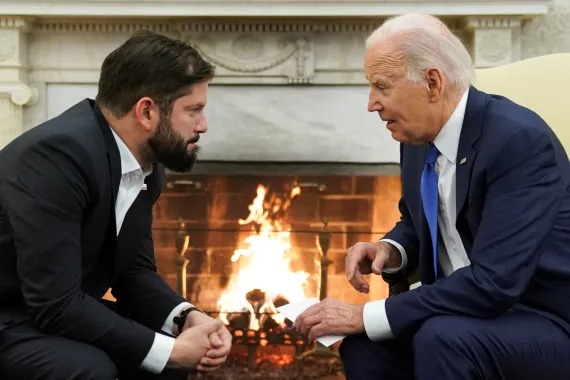Israel has committed to implementing daily four-hour pauses in the conflict-ridden northern Gaza region, according to an announcement from the White House. The decision, heralded as a positive step, aims to provide relief to civilians and facilitate the delivery of much-needed humanitarian aid. This move comes amidst intense negotiations between US President Joe Biden and Israeli Prime Minister Benjamin Netanyahu. However, despite this diplomatic effort, the broader prospects of a ceasefire between Israel and Hamas remain uncertain.
Diplomatic Endeavors – Biden Secures Israeli Commitment for Daily Pauses
In a significant diplomatic move, Israel has agreed to initiate daily four-hour humanitarian pauses in the ongoing conflict in northern Gaza. This development follows negotiations between US President Joe Biden and Israeli Prime Minister Benjamin Netanyahu, aiming to alleviate the dire humanitarian situation in the region.
Limited Relief Amidst Escalating Tensions – No Ceasefire on the Horizon
While the daily pauses are a step in the right direction, the White House has clarified that these are not indicative of a broader ceasefire between Israel and Hamas. The Israeli military asserts that these tactical, local pauses are primarily intended to facilitate the delivery of humanitarian aid and allow brief reprieves for those caught in the crossfire.
Criticisms and Concerns – Experts Doubt the Efficacy of Short Pauses
Despite the announcement, criticisms have arisen regarding the effectiveness of the four-hour pauses. A senior political analyst, Marwan Bishara, labeled the move as a distraction, emphasizing the urgent need for a comprehensive ceasefire. Meanwhile, Middle East expert Abdel Hamid Siyam argues that such short pauses may not address the underlying issues and calls for sustained efforts towards a lasting truce.
As the world watches these diplomatic maneuvers unfold, the situation in Gaza remains precarious, with the effectiveness of these daily humanitarian pauses yet to be realized.
















